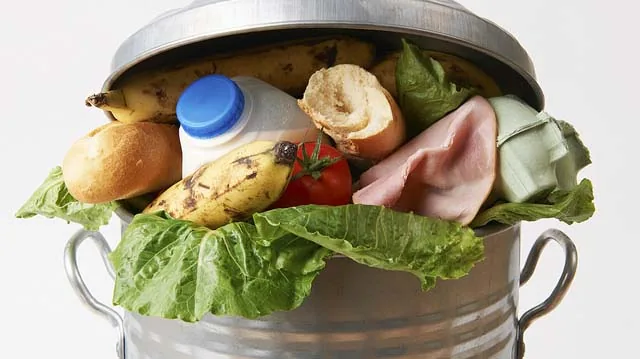
Source: Inquisitr
Forty percent of food produced in the US for consumption goes to waste every year, contributing to climate change through the release of toxic gases like methane, and also economically devastating farmers and consumers.
A study published in the journal Environmental Science and Technology suggests that avoiding food waste would reduce greenhouse gases emissions immensely and also help to reduce economic burdens for farmers. Every year farmers lose money on wasted food that is deemed aesthetically unfit to sell on markets, and ultimately ends up in the trash. In turn, the small percentage of their crops that can be sold are more expensive and poorer consumers cannot afford to buy food.
The study identified that food production is twenty percent higher than necessary to sustain humanity globally, meaning the supply in some places is greater than the demand. For wealthy nations, food is purchased in surplus, and much of it ends up in the trash, ultimately producing toxic chemicals and impacting the environment.
Read full story at: Inquisitr
